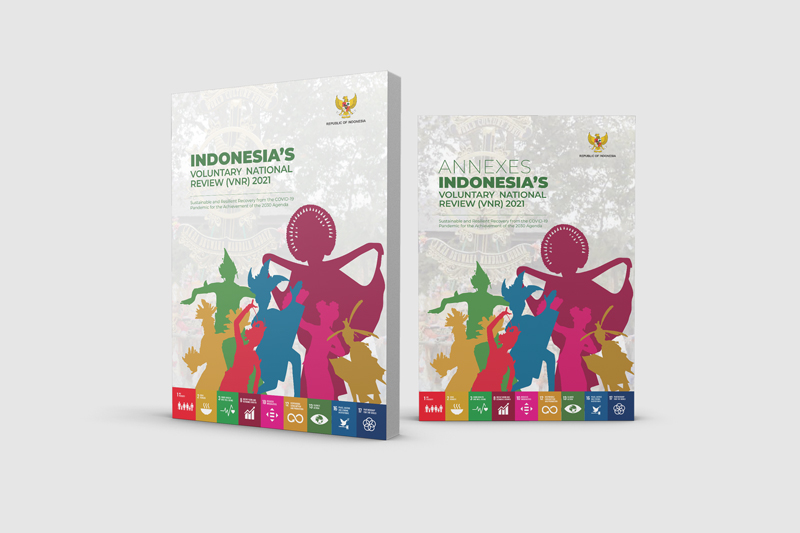 Towards the end of 2020, amid the shocks of the COVID-19 pandemic since March 2020, Indonesia remains committed to maintaining the path to the achievements of SDGs by 2030. Based on that aspiration and commitment, Indonesia hereby delivers the third Voluntary () second in 2017 and 2019 respectively.
Towards the end of 2020, amid the shocks of the COVID-19 pandemic since March 2020, Indonesia remains committed to maintaining the path to the achievements of SDGs by 2030. Based on that aspiration and commitment, Indonesia hereby delivers the third Voluntary () second in 2017 and 2019 respectively.
The journey to implement SDGs in Indonesia VNRs, both of which have been appreciated at the global level and become a source of pride for Indonesia. After the assessment of its 2017 VNR, Indonesia was selected to be one of the six countries to participate in the SDG Investment Fair in 2019 organized by the UN; the Director S at the United Nations Department of Economic and Social Affairs (UNDESA) sent the invitation via a letter to the government of Indonesia on 19 October 2018. Indonesia was deemed to have promising investment policies and projects and to have been able to identify gaps in investment needs.
In addition, Indonesia’s 2019 VNR also received appreciation for having covered a majority of the SDG16 targets with disaggregated data
in the implementation thereof, as well as providing concrete examples of women and youth participation towards the same. Both achievements have encouraged Indonesia to SDG implementation through its 2021 VNR, despite the impact of the COVID-19 pandemic.
Between 2019 and early 2021, quite a number of achievements have been attained by Indonesia in addition to the achievements of each Goal, including revision for the Metadata Indikator SDGs Indonesia (Indonesia’s SDG Indicators Metadata) in its 2nd edition as a basis for the development of the 2020-2024 National Action Plan and the 2021 VNR; updating of the guidelines on the development of action plans and on monitoring, evaluation, and reporting. Concurrently with the development of the 2021 VNR, Indonesia has been drafting the 2020-2024 National Action Plan, formalizing the integration of the SDGs into the 2020-2024 National Medium Term Development Plan (RPJMN).
In the current VNR, Indonesia focuses on nine primary Goals under the theme of the 2021 HLPF “Sustainable and resilient recovery from the COVID-19 pandemic for the achievement of the 2030 Agenda”, namely Goals 1, 2, 3, 8, 10, 12, 13, 16, and 17namely Goals 1, 2, 3, 8, 10, 12, 13, 16, and 17. The inter-linkages between the nine Goals underlie the development of the current VNR, as set out in the framework for report analyses. The report analyses are on reform policies established in the 2021 Annual Work Plan to address the impacts of the COVID-19 pandemic. In addition to the analyses of the nine Goals, a snapshot of the achievements of the other eight Goals is also provided, complemented with a complete statistical annex on the achievements of all SDG indicators in Indonesia.
Despite being limited to virtual meetings, an inclusive development process managed to reach more stakeholders and the public in discussion meetings and to provide input through public consultation.
The Ministry of National Development Planning/National Development Planning Agency (Bappenas), which coordinates each inclusive process, acknowledges and thanks all parties involved in the development of Indonesia’s 2021 VNR, namely:
- Deputy for Maritime Affairs and Natural Resources, Ministry of National Development Planning/Bappenas as the Chair of the SDGs National Implementing Team; Deputy for Human and Societal Development and Cultural Affairs, Ministry of National Development Planning/Bappenas; Deputy for Economic Affairs, Ministry of National Development Planning/Bappenas; Deputy for Political Affairs, Law, Defence, and Security, Ministry of National Development Planning/Bappenas as the Vice Chairs of the SDGs National Implementing Team; Senior Advisor of the Minister of National Development Planning for Social Affairs and Poverty Eradication as the Head of the National SDGs Secretariat; Senior Advisor of the Minister of National Development Planning for Institutional Interrelations; and Senior Advisor of the Minister of National Development Planning for Equity and Regional Development;
- Directors under the Ministry of National Development Planning/Bappenas as the coordinators for formulating each of the Goals: Director for Poverty Alleviation and Community Empowerment; Director for Food and Agriculture; Director for Health and Community Nutrition; Director for Population Affairs and Social Protection; Director for Environmental Affairs; Director for Laws and Regulations; and Director for Macro Planning and Statistical Analyses;
- The Ministry of National Development Planning/Bappenas, the Ministry of Foreign Affairs (MoFA), the Ministry of Health, the Ministry of Agriculture, the Ministry of Manpower, the Ministry of Environment and Forestry, the Ministry of Social Affairs, the Ministry of Law and Human Rights, and the Statistics Indonesia (BPS) and other respective ministries/agencies;
- Representatives from civil organizations, representatives from philanthropy and business entities, representatives from academicians, representative from labor organizations, representatives from youth and adolescent groups, representatives from people with disability;
- Development partners including UN Resident Coordinator (UNRC), UN Economic and Social Commission for Asia P (ESAP)
E P (EP) the United Nations High Commissioner for Human Rights (OHCHR), United Nations Development Programme (UNDP), Food and Agriculture Organization (FAO), United Nations Children’s Fund (UNICEF), United Nations Population Fund (UNFPA), World Health Organization (WHO), United Nations Industrial Development Organization (UNIDO), and United Nations Affairs (UN OCHA), International Labour Organization (ILO), United Nations E S Organization (UNESCO), International Fund for Agricultural Development (IFAD), United Nations Programme on HIV and AIS (AIS) on Drugs and Crime (UNODC), and United Nations Entity for Gender Equality and the Empowerment of Women (UN Women), World Food Programme (WFP), International Organization for Migration (IOM), UN Volunteer, the UN Refugee Agency (UNHCR), Deutsche Gesellschaft für Internationale Zusammenarbeit (GIZ) GmbH, and Asian Development Bank (ADB); - All parties who have provided input in the development of Indonesian 2021 VNR report through online consultations; and
- The SDGs National Secretariat at the Ministry of National Development Planning/Bappenas, who has worked hard and tirelessly dedicated to facilitate, coordinate I 2021 VNR.
Jakarta, June 10, 2021
Dr. (H.C.) Ir. H. Suharso Monoarfa
Minister of National Development Planning/ Head of the National Development Planning Agency

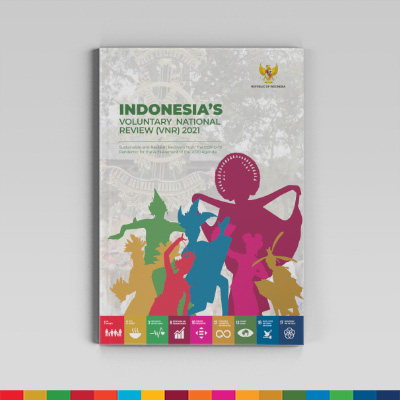
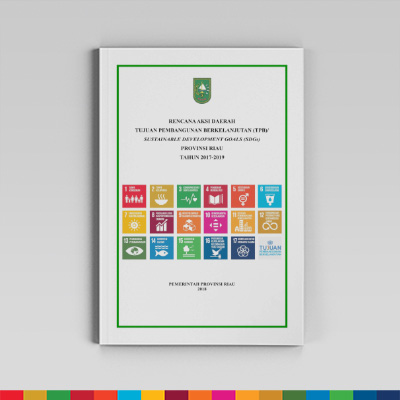
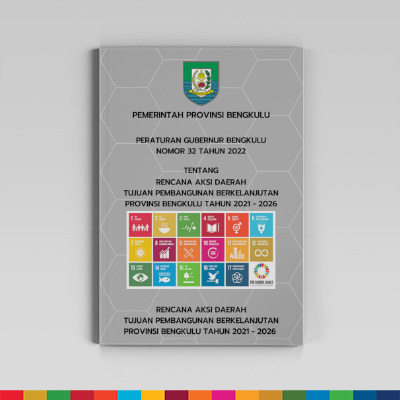
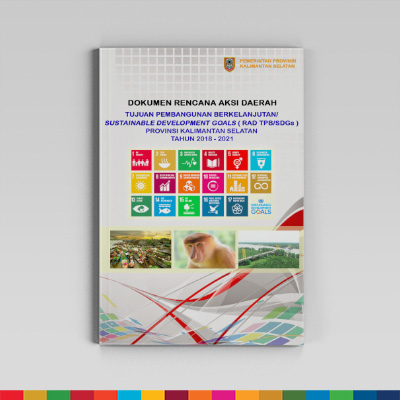
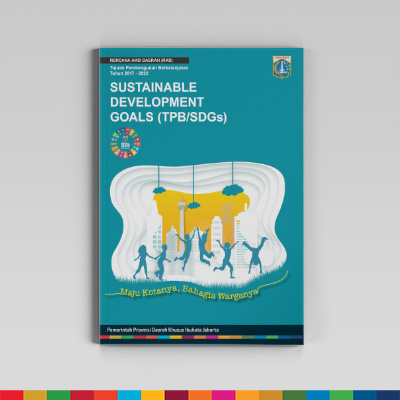
Reviews
There are no reviews yet.